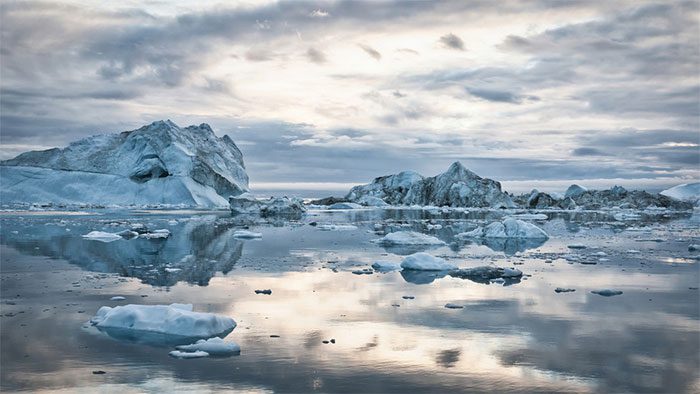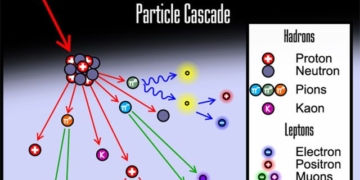According to the results of a new study conducted by international scientists, the Arctic Ocean is experiencing acidification at a much faster rate than other oceans due to melting ice.

The Arctic Ocean is experiencing rapid acidification. (Illustrative image: Getty Images).
The study, published in the journal Science, reveals that the acidification rate in the northwestern Arctic region is occurring 3-4 times faster than in other ocean areas.
The increase in CO2 emissions from human activities has led to more acidic seawater and less saturated calcium carbonate minerals – a process known as ocean acidification.
The team of scientists compiled data on oceanic carbonate collected over 47 trips to the Arctic from 1994 to 2020 to examine how the carbon cycle in the Arctic might change with climate change.
They discovered that due to climate change and the reduction of sea ice, a large area of the ocean – previously covered by ice – has been exposed to the atmosphere. This promotes the rapid absorption of CO2 from the atmosphere, leading to ocean acidification and significantly reducing the buffering capacity of the ocean.
The scientists predict that pH levels will further decrease in higher latitudes, which are witnessing rapid ice melt, emphasizing the urgent need to reduce carbon emissions to preserve the Arctic ecosystem.



















































